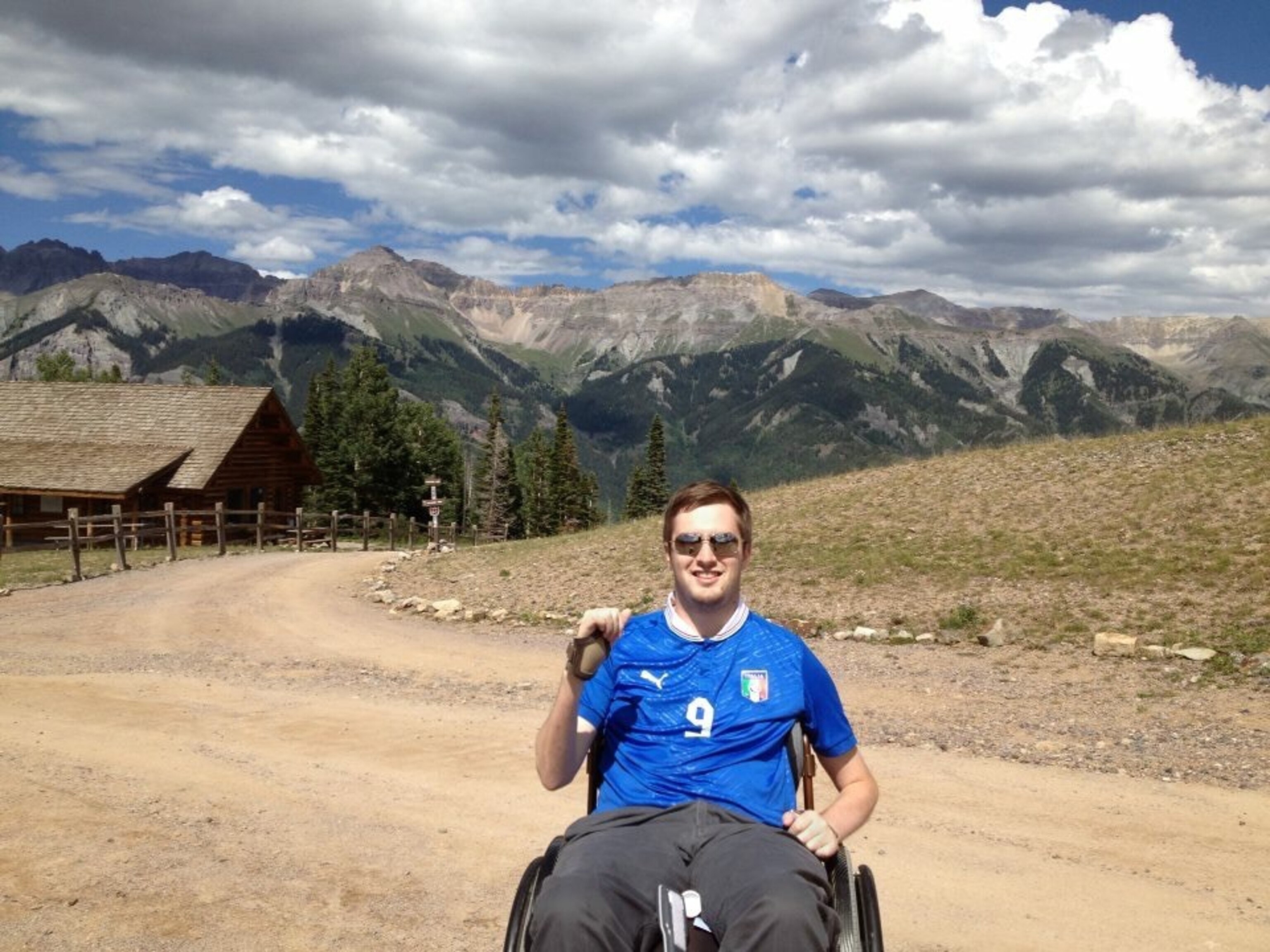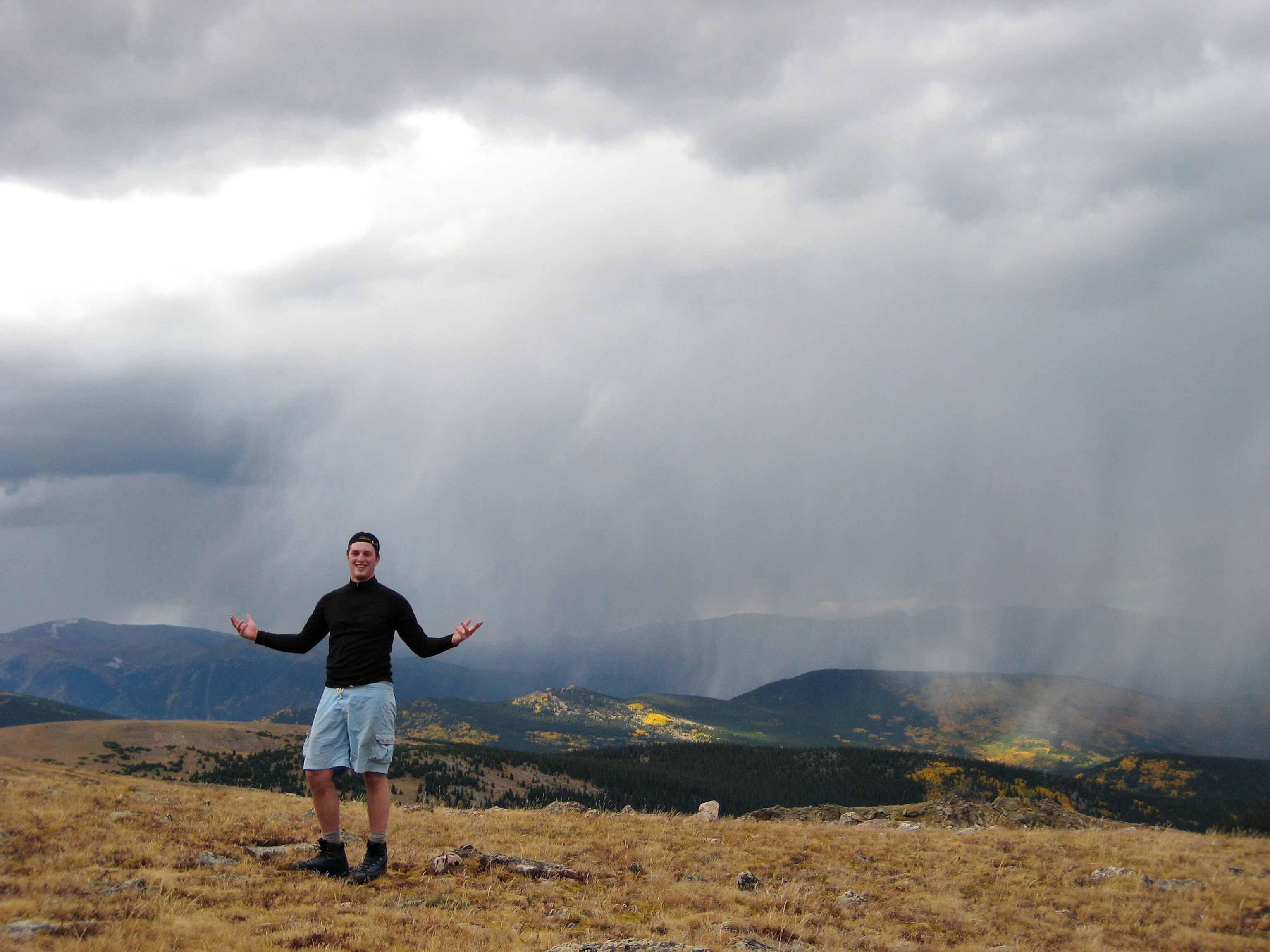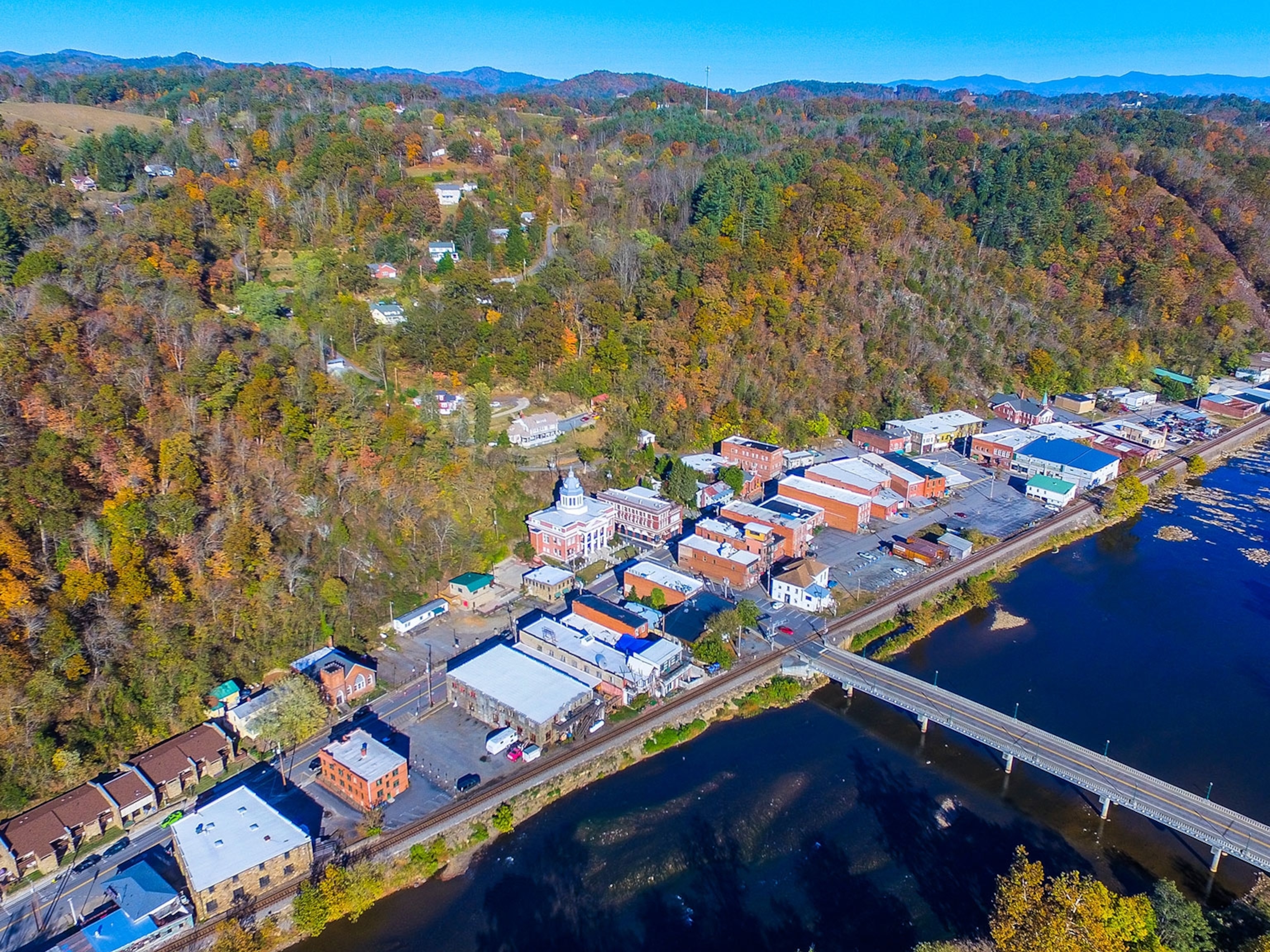
After an Accident Left Him Paralyzed, Traveling Set Him Free
Bryce Rafferty was 20 years old when he suffered a spinal cord injury that left him paralyzed 4,000 miles from home.
On August 30, 2009, 20-year-old Bryce Rafferty stood on a pier overlooking Lake Geneva in Prangins, Switzerland. The water shone a deep, pristine blue, and the snowcapped Alps loomed high in the distance. It was Rafferty’s fifth day in Geneva, where he would spend the semester studying abroad during the fall of junior year. The intoxicating novelty of the unfamiliar country settled on him in one breathtakingly perfect moment. Then he stepped forward, pressed off the pier, and made a fateful dive into the waters of Lake Geneva. The second Rafferty’s head collided with the lake floor, he lost all sensation below the neck.
Unmoving, he was pulled from the water by his host brother, Damien, and helicoptered to the nearby Swiss Paraplegic Centre (SPZ), the seemingly impossible news settling in. Rafferty—a young, six-foot-four college football player whose life had always centered on outdoor recreation and activities—suffered a spinal cord injury that left him paralyzed as a C5-6 tetraplegic nearly 4,000 miles from home.
What followed was not a semester abroad in Geneva, but the fight for his life: five months of rehabilitation at SPZ, including 45 days in intensive care between surgeries and bouts of pneumonia.
My mom wheeled me out and I looked around at the Alps in the distance and said, ‘I’m going to spend the rest of my life as a spectator.’Bryce Rafferty
All his life Rafferty held a deep affinity for travel and the outdoors. He grew up on the East Coast by the Atlantic Ocean, and spent childhood summers swimming, sailing, camping, and hiking in remote parts of Maine and New England.
“From a young age I loved being completely immersed in the wilderness,” Rafferty says. “It was in nature that I could step out of my comfort zone and be part of something that was beautiful but also wild and unpredictable. It made me feel very small and humble, and I always liked that feeling.”
It didn’t come as a surprise to his family and friends when Rafferty enrolled at Colorado College in Colorado Springs, where nature was a prominent part of the campus culture. “I went skiing and hiking as much as I could. Stepping away from classes and partying to just be present in the mountains was everything to me. I’d have these moments outside where the world was completely still and clear.”

For Rafferty, his ideas about travel had been largely physical. When he suffered his spinal cord injury, it seemed as if the world fractured too. His mind—brimming with curiosity and a thirst for adventure—felt trapped inside a body he was no longer in control of.
“I remember going outside for the first time in my chair,” Rafferty recalls. “My mom wheeled me out and I looked around at the Alps in the distance and said, ‘I’m going to spend the rest of my life as a spectator.’ In all the ways travel and adventure had brought me closer to the world, I felt immediately distanced by them.”
Rafferty realized that what happened to him was irreversible, and he had to forge a new path. Femi, a nurse at SPZ, shone like a bright light in the darkness. “Femi explained to me simply: There is a door and it is locked, but there are other ways to get inside.”
Over time, Rafferty came to understand he was not defined by his physical body, but by his inner convictions, quality of his relationships, burning intellect, and infectious joy.
“The idea that I could retain who I was outside of my body is what ultimately freed me,” Rafferty explains. “The brevity and also the beauty of life were suddenly more apparent than ever. I’d lost a lot, but I knew I still had so much to live for.”
These days, Rafferty makes each one count. Not only is he applying to law schools and doing advocacy work for the Colorado Cross-Disability Coalition, but he continues to seek peace and healing through travel. He recently got his driver’s license and makes frequent trips to the Rocky Mountains and other parts of the West.
- National Geographic Expeditions
“I drive up to the mountains with friends; we sit and talk and have a few beers. Being present in beautiful places with beautiful people is as extraordinary and cathartic as it’s always been. These are the moments I cherish—the moments I thought I’d lost forever.”
The accident hasn’t changed Rafferty’s proclivity for big dreams and grand adventures. He’s planning trips to Telluride and Switzerland, where he plans to get back on the ski slopes and out on the water—he refuses to simply be an observer, as he once feared.
Rafferty may have a body that can no longer walk, but his imagination roams free. “The limitations we create for ourselves in our minds become our reality,” he says. “Life may not give you everything you want, but if you let it it will give you happiness–absolutely.”
Carola Lovering is a writer based in New York. You can follow her on Twitter @carolalovering and Instagram @rolacoasta.




